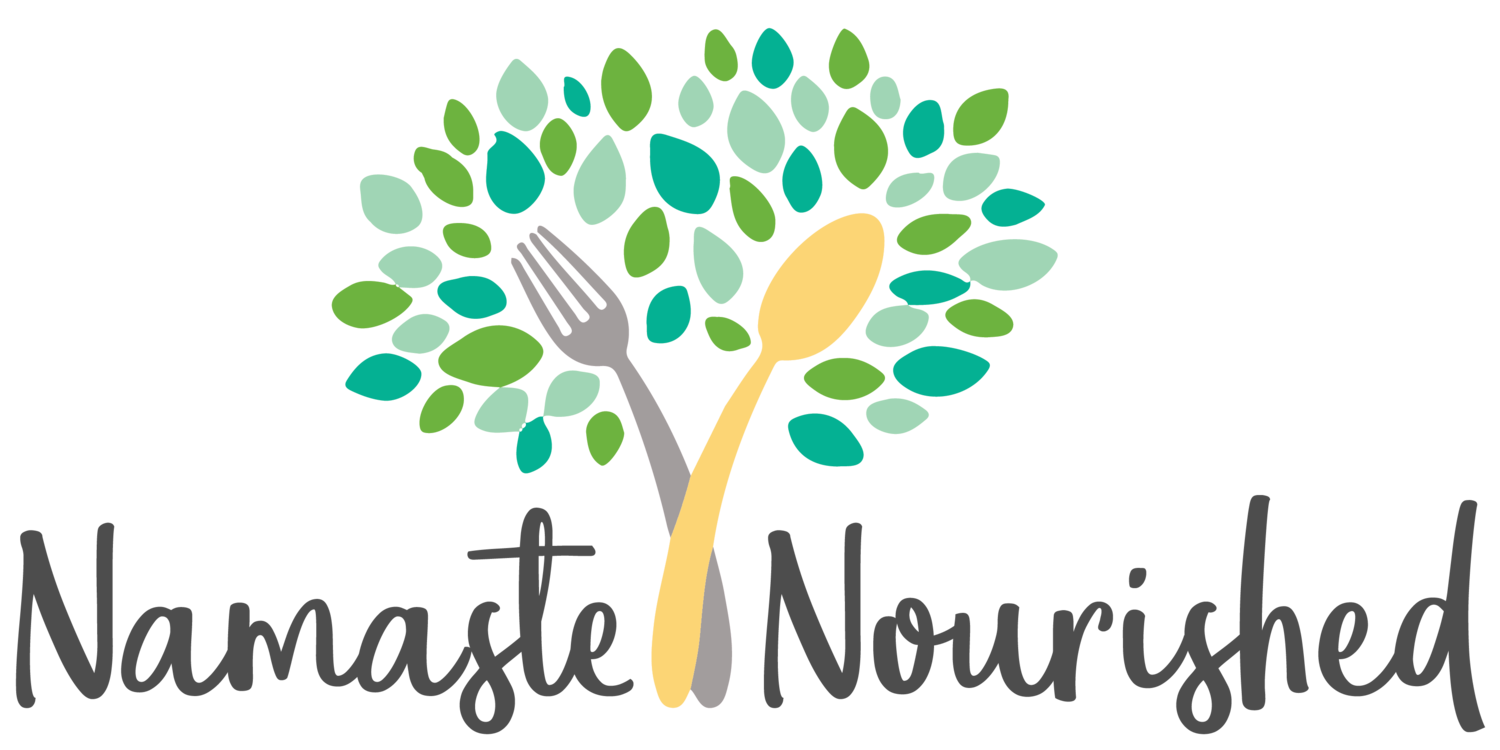Managing Game Day in Eating Disorder Recovery: Practical Tools for Stress-Free Events
Game day can be exciting: cheering for your team, catching up with friends, and soaking in the energy of the crowd. But if you’re in eating disorder recovery, these outings can put you on offense with anxiety around food, social pressures, and fear of not being in control. The good news? With mindful strategies and support, it’s possible to enjoy sporting events and tailgates while protecting your recovery.
From our playbook, here are four practical tools to help you navigate game day with confidence and self-compassion.
Stay Present While Eating at Sporting Events
It’s easy to get swept up in worries about what you’re eating, how much, or what others might think. Staying present can help shift your focus back to the moment instead of spiraling into anxiety.
Try grounding techniques while you eat:
Pause between bites to check in with your body
Bring your attention to the atmosphere around you, like the cheer of the crowd, the colors on the field, or the overall energy in the stands
Remind yourself that the foods you’re eating are part of the game day experience, and add to the fun and camaraderie
Pair one food that feels more comfortable and one that feels fun and part of the event
Confide in a trusted friend that can help keep you grounded and engaged, so you can be present and not allow your eating disorder to make the decisions for you
Remember that there is no perfect way to eat. Embrace being flexible with your foods and portions
Use slow breathing to help you connect to the present moment
By redirecting your attention from judgment to experience, you allow yourself to enjoy both the food and the event without letting your eating disorder call the shots
Mindfulness Strategies on Game Day
Mindfulness isn’t about doing everything perfectly, it’s about meeting the moment with curiosity, flexibility,compassion. On game day, that might look like:
Setting an intention before you go, such as “I want to connect with friends and enjoy the game.”
Breathing exercises when anxiety rises: inhale for four counts, exhale for six.
Gentle affirmations like “Food is part of the fun, not something to fear.”
Sensory awareness where you pay attention to all five of your senses, such as how the food smells, what music and cheers you hear around you. You can practice tuning into all five senses, or just focusing on one.
These strategies remind you that recovery is about flexibility, not rigid rules, and that you have tools to navigate uncertainty when it shows up.
Bringing a Recovery Buddy to Sports Games
Having support can make game day feel less overwhelming. A recovery buddy, whether a friend, family member, or partner, can help you stay grounded when challenges arise.
Talk beforehand about what you might need, such as:
Encouragement to eat a snack if you’re hesitant
Changing the subject if food and/or body talk comes up in the group
Simply being a calming presence by your side
Offering to split a new food with you that feels overwhelming
Knowing you’re not facing this experience alone often reduces anxiety and builds confidence for future outings.
Reflecting on Game Day Experiences During Recovery
Once the event is over, take time to reflect. Instead of replaying what you “should” have done differently, focus on what went well. Did you try a food that used to feel off-limits? Did you manage your anxiety better than last time? Celebrate those wins.
Journaling or talking it through with a therapist or dietitian can also help you process challenges without judgment. Reflection allows you to learn from each outing, making the next game day feel a little easier.
What if I feel guilty after eating at a game?
Feeling guilt after eating at a sports event is a normal part of recovery, but it doesn’t mean you’ve failed or that you should avoid sporting events in the future. Instead of punishing yourself, pause and notice where the guilt is coming from. Often it’s tied to old rules or food fears, not reality. Remind yourself that food is fuel and enjoyment, and one meal or snack doesn’t define your recovery.
If guilt feels overwhelming, talking it through with a dietitian can help you reframe those thoughts and build confidence around food choices in social situations. Click here to learn more about working with a dietitian and get personalized support for your recovery journey.
Final Thoughts
Game day in eating disorder recovery doesn’t have to mean stress or avoidance. By practicing presence, leaning on mindfulness, seeking support, and celebrating your wins afterward, you create space for both fun and healing. Every step is progress, and every event is an opportunity to strengthen your recovery journey.

